Kerakoll is a world-renowned company specializing in the production of innovative building materials. Founded in 1968 in Sassuolo, Italy, today Kerakoll has become a global leader in the construction industry with a presence in more than 160 countries.
The company's success is largely due to its commitment to innovation and sustainability. Kerakoll works to develop environmentally friendly building materials that not only improve the quality of construction, but also have a positive impact on the environment.
Kerakoll's journey began in the late 1960s, when Romano Sghedoni, a young entrepreneur, founded the company to manufacture ceramic adhesives. At the time, Sassuolo was the center of the Italian ceramic industry, and Sghedoni saw an opportunity to provide quality adhesives that would meet the needs of ceramic tile companies.
In the 1970s, Kerakoll expanded its product range to grouts and sealants. The company's commitment to quality and innovation quickly earned it a reputation as a reliable supplier of construction materials. By the 1980s, Kerakoll had become a well-known brand in the Italian construction industry and was ready to conquer the global market.
In the 1990s, Kerakoll expanded its activities outside Italy, establishing subsidiaries in Spain, Germany and France. The company continued to invest in research and development and in 1995 launched its first eco-friendly product, a water-based glue called Eco, which was free of harmful substances.
Kerakoll's commitment to sustainability continued into the 21st century with the launch of BioGel No Limits, a high-performance adhesive made from renewable plant-based ingredients. The company further expanded its product range with innovative solutions such as "breathing" plasters and self-leveling floor systems.
Today, Kerakoll is a leading supplier of building materials with a wide range of products that meet the various needs of the construction industry. The company's commitment to sustainability and innovation has earned it numerous accolades, including the prestigious Green Building Solutions award in 2015.
In summary, the history of Kerakoll is a testament to the power of innovation and sustainability. The company's journey from a small ceramic adhesive manufacturer to a leader in the global construction industry is remarkable. As the world continues to face new challenges, Kerakoll is well positioned to continue to be at the forefront of developing innovative, environmentally friendly building materials that meet the needs of the modern world.
Read more:History of Kerakoll
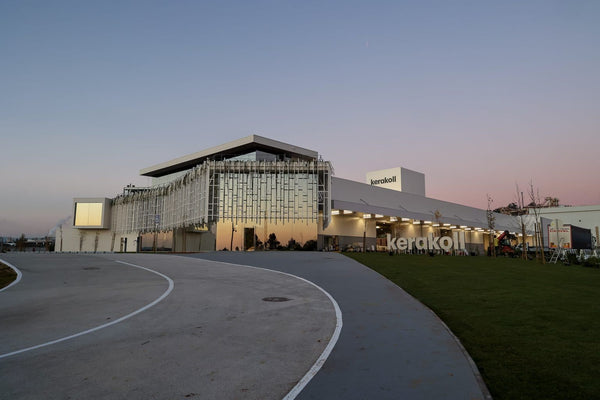
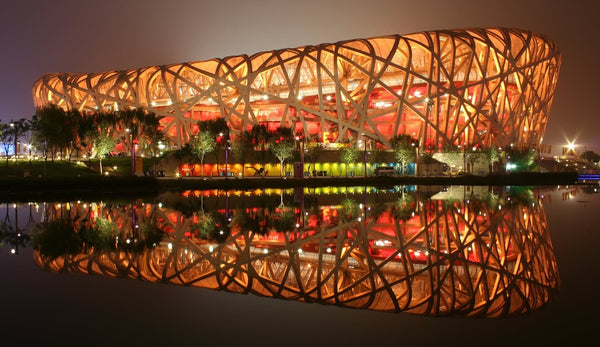
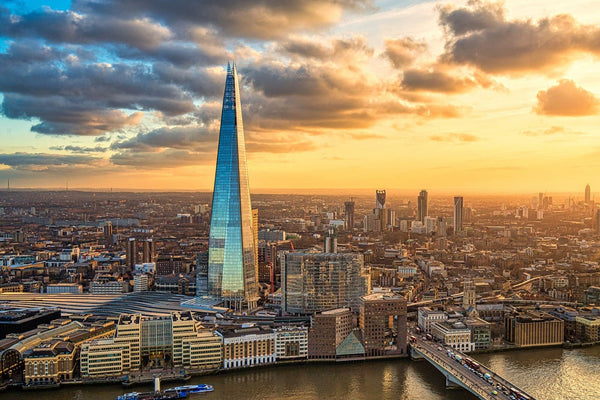
The Shard is a 95-story skyscraper in London that stands at a height of 310 meters. Kerakoll supplied the products used during construction, including adhesives, grouts and waterproofing solutions.
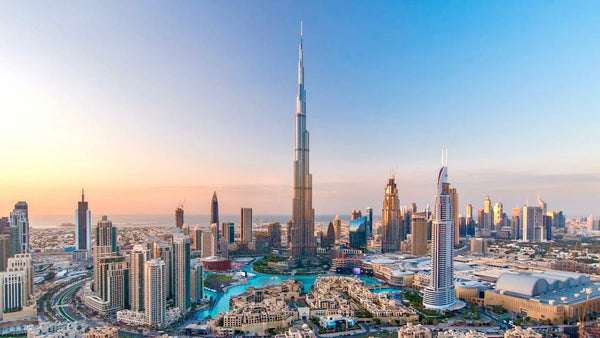
Burj Khalifa is the tallest building in the world with a height of 828 meters. Kerakoll supplied the materials used for waterproofing and sealing the foundations of the building.
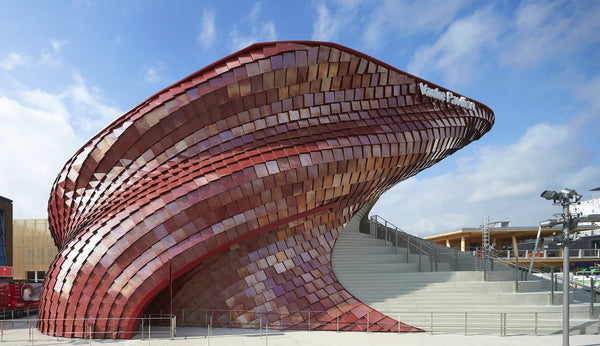
Kerakoll was the official supplier of building materials for the Italian pavilion at Expo 2015 in Milan. The company provided environmentally friendly products such as adhesives, sealants and insulation systems for the construction of the pavilion.
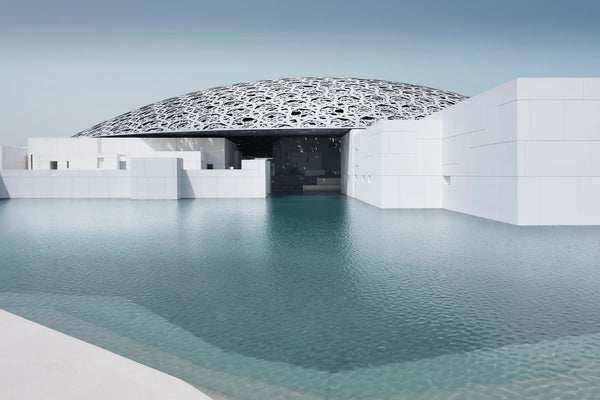
Kerakoll supplied the materials used in the construction of the Louvre Abu Dhabi museum, which displays works of art and artefacts from around the world. The company's environmentally friendly products, such as adhesives, grouts and waterproofing solutions, were used in the construction of the museum's floors and walls.
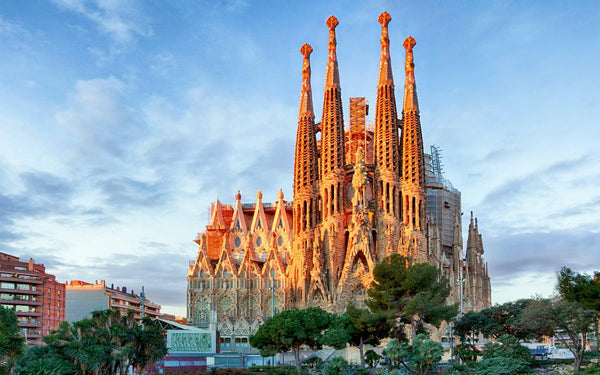
The Sagrada Familia is an iconic basilica in Barcelona designed by the famous architect Antoni Gaudí. Kerakoll supplied the materials used for the restoration of the basilica, including adhesives, grouts and mortars.
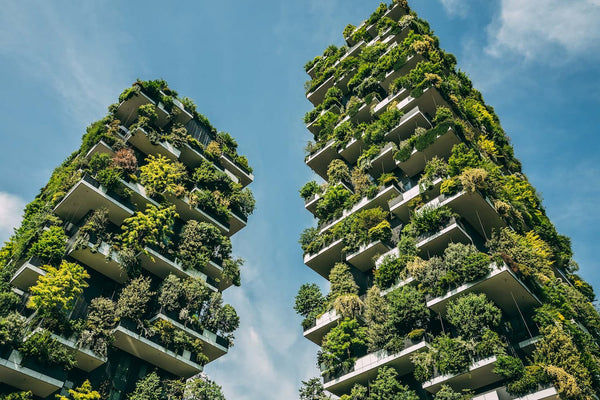
Bosco Verticale is a unique residential building in Milan that features a vertical forest on its facade. Kerakoll supplied the materials used for the construction of the building, including environmentally friendly adhesives, sealants and insulation systems.
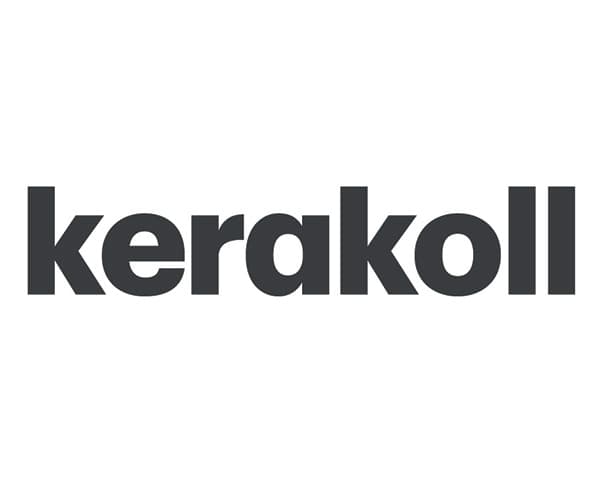
The company's eco-friendly products include adhesives, mortars, sealants and coatings made from renewable raw materials such as vegetable oils, starches and waxes. Its products are used in a wide range of applications, including residential, commercial and industrial buildings, as well as infrastructure projects such as roads, bridges and tunnels.
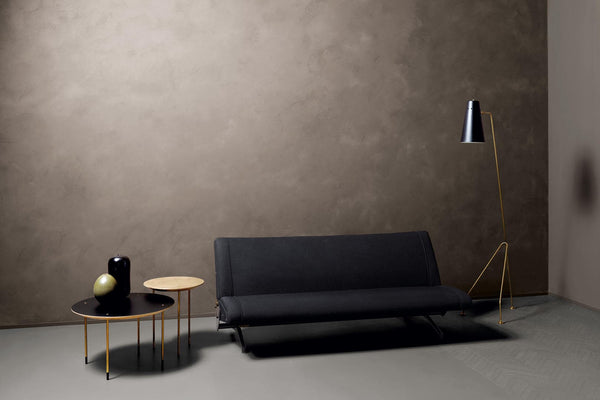
The Warm Collection is an integrated project that includes innovative materials - cement, resin, hand-crafted wood, micro-coatings, paints and lacquered surfaces - coordinated by Piero Lissoni in a single palette of 10 warm, inviting colors.